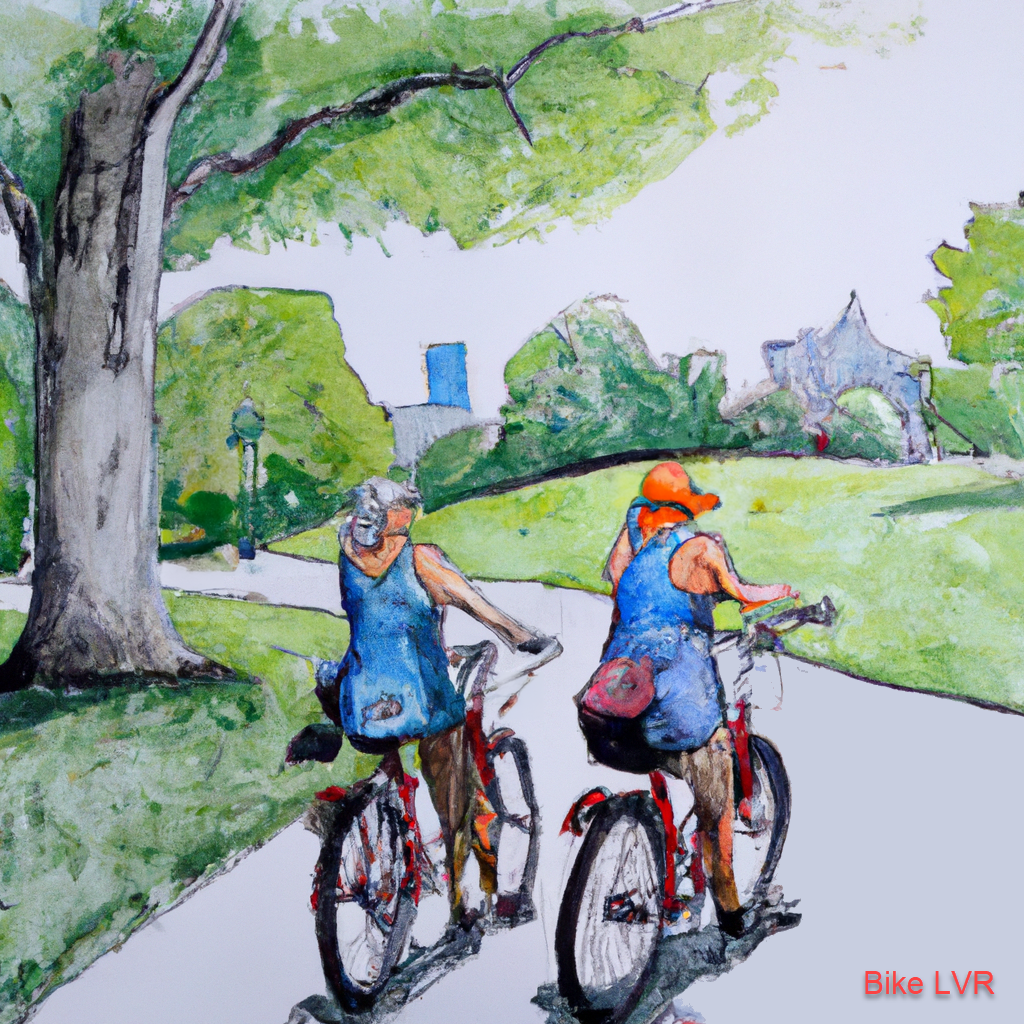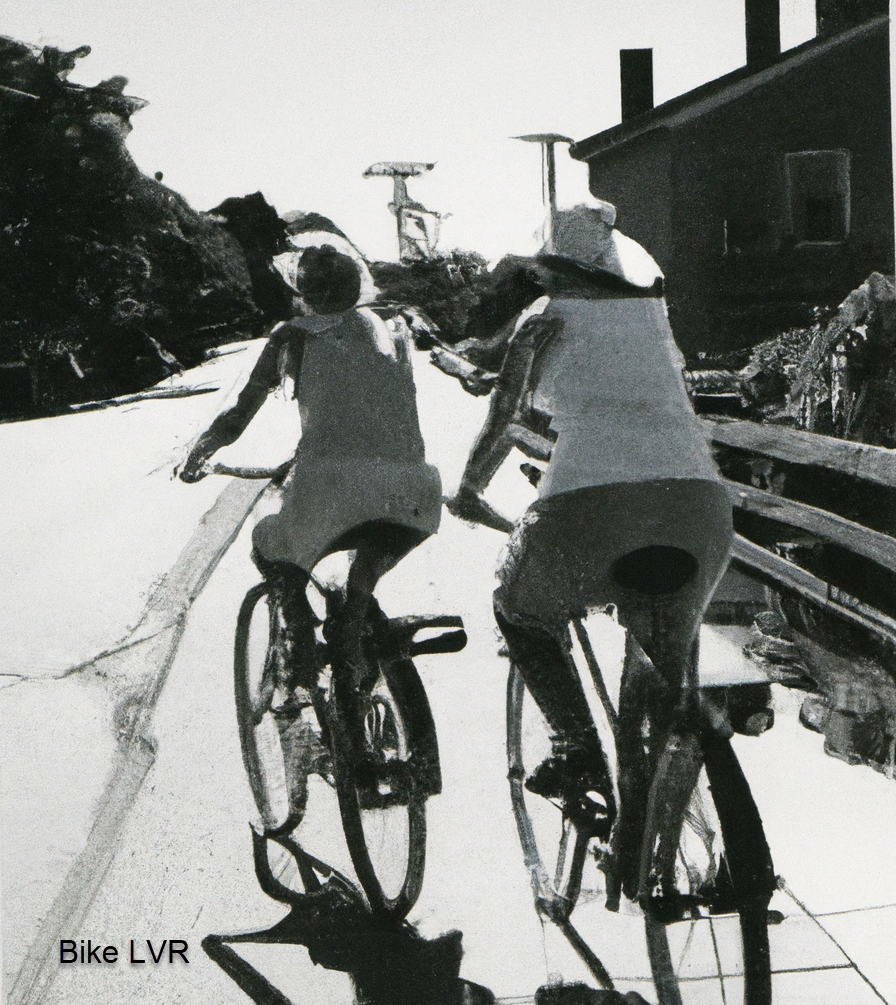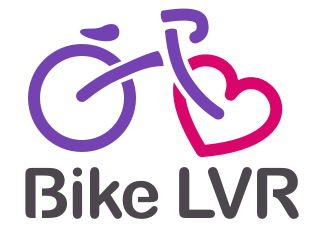
There are a lot of benefits for cycling as we get older, mostly because we tend to be less active as we age. This leads to losing more muscles and abilities and makes us even less active because of course we now can’t do stuff we used to do when we had more muscles.
So why is cycling beneficial for seniors, besides the obvious fact that we want to move from A to B?
- Cycling makes you stronger
- Boosts your immune system
- Lowers your weight
- Reduces joint stress
- Keeps your memory strong
- Helps you sleep better
- Boosts your mood and reduce your stress
- Improves your social life
Do you remember those endless days of summer in your childhood, riding your bike with your friends, wind whipping through your hair, and not a care in the world? Back then, you didn’t think of bike riding as exercise. It was just good fun. Now, you’ve got a few decades under your belt, and you’d love to recapture some of the joys of riding, while also getting a little exercise. Yet, you can’t help but wonder, is it healthy for someone over 55 to ride? Yes! There are numerous benefits for cycling in your senior years, and some of them might come as a surprise to you.
Physical Health Benefits for Cycling Seniors
As we age, our bodies start to lose some of their get up and go. We hurt a little more. We feel a little stiffer in the joints. Our muscles decline, our bones weaken, and the risk for diseases increases. While there may be safety concerns when exercising in your senior years, riding a bike is good for your physical health and can be a gentle way to work movement into your day and get your blood flowing.

Riding a Bike Keeps You Young
You may not exactly feel like a kid again, but you can gain a few years of life. When you ride a bike regularly, it helps to maintain cellular health. As people get older, the tendency is to slow way down. The amount of time spent inactive can increase significantly. Inactivity feeds on itself, so the less active you are, the less likely you are going to want to move. Being sedentary doesn’t just make you feel older, it causes you to age faster.
Telomeres are located at each end of your chromosomes. They are responsible for protecting your DNA from damage and degradation. As you age, your telomeres begin to get shorter, leaving you more vulnerable to disease. Shorter telomeres also cause your body to age faster. To slow this process down, hop on a bike and go for a ride regularly. Exercise is great for keeping those telomeres from shrinking too fast. With moderate levels of exercise, you could add several years to your life.
Cycling Makes You Stronger
Exercising builds up your muscles and helps you maintain your strength, which tends to naturally decline in the later years of life. When you get out on your bike several times a week, you don’t get the muscle deterioration that is so common in seniors. You’ll give your lower body a workout, improving strength in your:
- Glutes
- Quadriceps
- Hamstrings
- Shins
- Calves
While you won’t develop a six-pack, riding a bike does work your core muscles a bit, along with your shoulders, triceps, and biceps. Even gentle riding can prevent a drastic loss of muscle mass. Riding a bike also improves your balance. The combination of stronger muscles and better balance reduces your chances of falling.
Cycling Boosts Your Immune System
Seniors are more susceptible to illness and disease as the body’s immune system declines. Our bodies produce T-cells, which have the job of fighting off illness, in the thymus. Beginning at around the age of 20, T-cell production begins to decrease. Research into the impacts of cycling in the aging population has shown that people who regularly ride their bikes have strong immune systems, resembling those of 20-year-olds more closely than the immune systems of people in their age group.
Riding a bike also reduces the risk of cardiovascular diseases and cancers. When you engage in aerobic exercises, you increase the amount of blood pumping through your system. This helps to keep your heart healthy, your blood pressure down, and your blood sugar at a reasonable level. Cycling also reduces your vulnerability to certain cancers — particularly those where obesity is a contributing factor — because it helps you maintain a healthy weight.
Cycling Lowers Your Weight
Riding a bike is a great way to trim a few pounds. When you exercise, it gives your metabolism a boost. When your metabolism goes up, you burn more calories. How many calories does riding a bike burn? It depends on your weight, how fast you ride, and how long you spend on your bike. As long as you don’t start consuming more calories than you burn, you will see the needle on the scale move down.
Cycling Reduces Joint Stress
The aging process leads to joint issues from the years of stress we place on the tissues that connect our bones. Even walking has an impact on the hips, knees, and ankles, putting more stress on the joints and increasing pain for those who have arthritis. Not only can this lead to further degeneration of the connective tissues, but it can also cause a person to stop exercising.
Cycling is one of the best forms of exercise you can do for your joints. It is easy on the joints and improves muscle strength, particularly around the knees. When your muscles are stronger, they provide more support to your joints, making it less likely you will injure them. If you already have knee joint pain, try doing most of your cycling on flatter surfaces. Climbing hills puts more pressure on your knees. Additionally, if you carry more weight, take it slow. Ride a bike that allows you to shift gears and stay in the lower gears until you build strength and shed some pounds.
Just make sure you’re using a comfortable bike seat, to avoid troubles down the road.
Mental Health Benefits for Cycling Seniors
In addition to improving your physical health, riding a bike is good for your mental and emotional health. Many people begin to feel isolated and lonely in the later years of their lives. In addition, just as your muscles start to atrophy from inactivity, so, too, do your cognitive abilities. Exercise offers a way to keep your cognitive and emotional conditions healthy.
Cycling Keeps Your Memory Strong
Cognitive decline in seniors can lead to memory impairment, dementia, and Alzheimer’s disease. The good news is that regular exercise, such as riding a bike, can counter the decline in cognitive health according to neurology research studies. Cycling increases the amount of blood that reaches the brain, sending much-needed nutrients and oxygen to this vital organ and helping to keep it functioning at higher levels.
Pedaling your bike can also change your brain’s physical structure, increasing its white matter, which is important in brain functioning. Another interesting effect that riding a bike has on the brain is it reduces the protein, tau, that has been linked to Alzheimer’s.
Cycling Improves Sleep
For a lot of seniors, getting a good night’s sleep is a rarity. Though sleep is still important for the body and mind to function optimally, many people just don’t get enough of it during their golden years. Either they sleep fewer hours, or they don’t sleep soundly. One of the reasons for this decline in sleep quality and quantity has to do with your circadian rhythm — which controls the various cycles in your body, including sleep and hunger. Your hypothalamus is where this “internal clock” is located. Aging leads to a deterioration in functioning, resulting in changes in sleep schedules and quality. Other factors include:
- Changes in hormones
- Sleep apnea
- Urges to urinate during the night
- Physical pain
- Napping during the day
Cycling can help you sleep longer and better. Exercise benefits your sleep in a couple of ways. First, people who engage in moderate exercise, including seniors, tend to fall asleep faster than those who don’t. Additionally, they are more likely to sleep through the night and sleep more soundly. Sleep also releases endorphins, which give your energy a lift. If you exercise too close to bedtime, you may find it harder to fall asleep. Most people don’t ride their bikes at night, but it is good to keep in mind that it is probably better to ride before dinner and not after.
Cycling Boosts Your Mood
Depression, anxiety, and boredom are common in seniors, especially for those who spend a lot of time alone or have health issues. Many factors contribute to declining emotional wellbeing, including changes in hormone levels, health concerns, loss, and loneliness. Riding a bike gives your mood a boost. Aerobic exercise, including cycling, releases two chemicals in your body that have a positive impact on your mood: endorphins and serotonin.
When your body releases endorphins, they interact with your brain’s opioid receptors. This lowers how much pain or discomfort you feel, but it can also cause euphoria and a sense of wellbeing. When you exercise, your body produces higher levels of the happy hormone, serotonin. When your serotonin levels get a boost, so does your mood. The cool thing about serotonin is that it sticks around in your system for a while, so you end up feeling good all day.
Cycling Lowers Stress
Stress has become such a common condition in our lives that many people think it is normal. While episodic stress can have a positive impact on mental acuity, chronic stress is detrimental to physical and mental health. Unfortunately, many people don’t escape stress just because they leave behind the work world. Fortunately, riding a bike can help you combat feelings of stress.
Stress increases the levels of cortisol and adrenaline. Exercise reduces the levels of both. Riding a bike regularly keeps your stress hormones in check. If you cycle in the great outdoors, surrounded by nature, you get the added mood benefits nature provides. Getting outside contributes to lower stress and a better mood. If the sun is out, you get a good dose of natural vitamin D, which also has a stress-reducing, mood-boosting effect.
Cycling Improves Your Social Life
Loneliness is a common feeling among aging adults, especially after retirement. When work-life disappears, it is easy for people to feel isolated. This is compounded for those who live alone, don’t have family nearby, or don’t have a strong social network. Finding ways to meet people can be challenging.
While you can certainly ride your bike alone, you don’t have to. Riding a bike can be a social event. If you already have a good social circle, going out for a ride with friends (or family) is another activity you can do together. Cycling is fun! You can bring back an element of those carefree days of your youth, gliding along, enjoying both the scenery and the company, though perhaps with both hands firmly on the handlebars. Not only is it fun, but everyone who goes along for the ride gains all the benefits we’ve mentioned!
If you are a senior who is thinking about getting out on a bike, but you haven’t ridden in years, please talk to your physician before doing so. Cycling offers great physical and mental health benefits for people in the latter half of their lives, keeping them healthy, strong, and happy.
